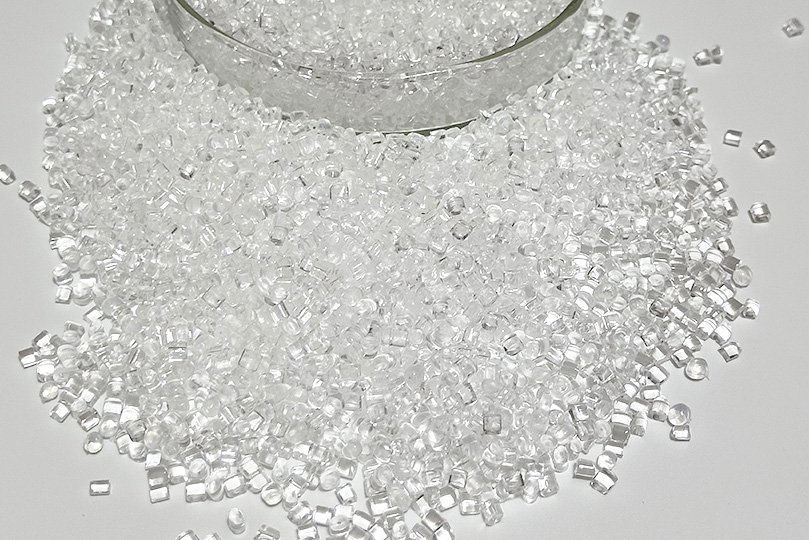Polyamide and nylon are terms often used interchangeably, creating confusion among many. In the realm of special engineering plastics, understanding the disparity between these two materials is crucial. Let's delve into the distinctions, properties, and applications of polyamide and nylon to demystify their relationship in the world of advanced materials.
Polyamide and nylon are terms frequently used interchangeably, leading to misconceptions about their true nature. In essence, nylon is a type of polyamide, but not all polyamides are nylon. The distinction lies in the nomenclature and the specific chemical compositions within the broader category of polyamides.
Polyamide is a generic term encompassing a family of polymers characterized by the presence of amide groups in the molecular structure. These polymers exhibit remarkable durability, high melting points, and exceptional resistance to wear and tear. The versatile nature of polyamides makes them a popular choice in various industries, including textiles, automotive, and, notably, as a special engineering plastic.

Nylon, on the other hand, is a specific type of polyamide that was first introduced by DuPont in the 1930s. It is created through the process of polycondensation, involving the reaction of diamines and dicarboxylic acids. Nylon is renowned for its strength, flexibility, and low friction coefficient, making it an ideal material for diverse applications such as gears, bearings, and other components in the machinery.
Understanding the differences in properties between polyamide and nylon is crucial for selecting the appropriate material for specific applications.
Polyamide: Boasts excellent tensile strength and durability, making it suitable for high-stress applications.
Nylon: Exhibits remarkable strength and resilience, especially in dynamic conditions, making it a preferred choice in industries requiring tough materials.
Polyamide: Shows resistance to various chemicals, ensuring stability in harsh environments.
Nylon: Possesses good chemical resistance, making it suitable for applications where exposure to chemicals is a concern.
Polyamide: Typically has higher moisture absorption compared to nylon.
Nylon: Demonstrates lower moisture absorption, enhancing its dimensional stability.
Both polyamide and nylon find extensive applications in the realm of special engineering plastics, contributing to advancements in various industries.
Polyamide: Utilized in manufacturing engine components, fuel systems, and electrical connectors due to its robustness.
Nylon: Employed in gears, bearings, and other parts, benefiting from its low friction properties and high strength.
Polyamide: Widely used in the production of synthetic fibers for textiles, showcasing its versatility.
Nylon: Commonly found in fabrics, hosiery, and carpets due to its strength and abrasion resistance.
In the world of special engineering plastics, Tuntun Plastic stands as a beacon of innovation and reliability. Our commitment to delivering high-quality polyamide and nylon products ensures that industries receive materials tailored to meet their specific needs. As a leader in the field, Tuntun Plastic continues to push the boundaries of what is possible with these remarkable materials, contributing to advancements across diverse sectors.
In conclusion, while the terms polyamide and nylon are often used interchangeably, their distinctions are vital, especially in the context of special engineering plastics. Understanding the properties and applications of each material is essential for making informed decisions in industries where precision and reliability are paramount. Choose Tuntun Plastic for cutting-edge solutions in the world of polyamides and nylon.
By continuing to use the site you agree to our privacy policy Terms and Conditions.